 March 27, 2025
by Cameron Bonnell
Legislation
Litigation
Water
March 27, 2025
by Cameron Bonnell
Legislation
Litigation
Water
Citizen suits have been a powerful engine of environmental enforcement for over half a century. As the bounds of executive power are reimagined, challenges under Article II of the Constitution threaten their viability.
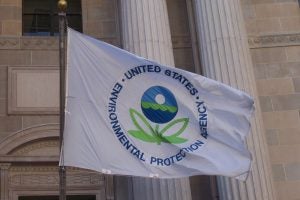 March 20, 2025
by Jack Hatzimemos
Federal Rollbacks
Regulations
March 20, 2025
by Jack Hatzimemos
Federal Rollbacks
Regulations
EPA Administrator Lee Zeldin announced the agency’s intention to reconsider 31 regulations for the purpose of revitalizing the American economy and auto-industry, arguably neglecting the EPA’s environmental protection mission.
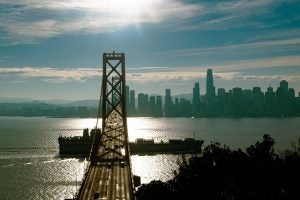 March 13, 2025
by Helen Ma
Natural Resources
Regulations
Water
March 13, 2025
by Helen Ma
Natural Resources
Regulations
Water
The Supreme Court ruled that the EPA exceeded its authority under the Clean Water Act by imposing broad “end-result” permit requirements, marking a significant post-Chevron shift in environmental law.
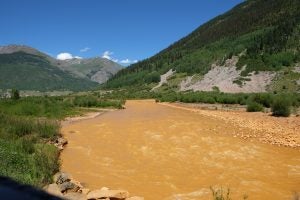 March 11, 2025
by Isaac Worsham
Litigation
Natural Resources
Regulations
Water
March 11, 2025
by Isaac Worsham
Litigation
Natural Resources
Regulations
Water
The Supreme Court has assumed the mantle of “expert” decisionmaker—contravening the meaning and intention of the Clean Water Act, overruling decades of precedent, and limiting EPA’s ability to carry out their congressionally assigned and executive-directed duties.
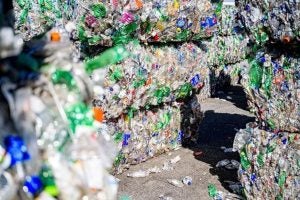 March 5, 2025
by Nicholas Merrill
Legislation
State and Local
March 5, 2025
by Nicholas Merrill
Legislation
State and Local
The District’s failure to recycle beverage containers is an ongoing issue. But a recently proposed bottle-deposit bill promises to upend residents’ relationship to waste.
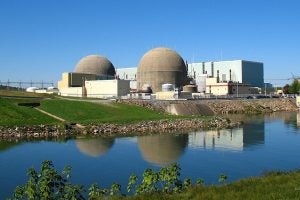 February 27, 2025
by Sarah Bosworth
Energy
Natural Resources
Renewable Energy
February 27, 2025
by Sarah Bosworth
Energy
Natural Resources
Renewable Energy
Artificial intelligence has taken the world—and the energy sector—by storm. To prevent AI from delaying the decarbonization of the electric grid, Virginia legislators have adopted a statutory scheme that incentivizes nuclear power.
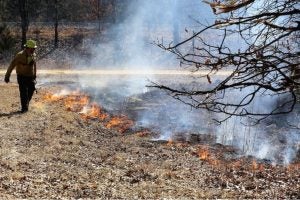 February 25, 2025
by Sesily Galinsky
Forests
Public Lands
February 25, 2025
by Sesily Galinsky
Forests
Public Lands
The long-standing indigenous practice of prescribed burning offers a solution to the dangerous and frequent wildfires of the modern world.
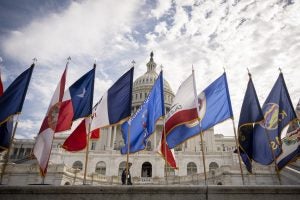 February 18, 2025
by Matthew Bentley
Climate change
Federal Rollbacks
Litigation
State and Local
February 18, 2025
by Matthew Bentley
Climate change
Federal Rollbacks
Litigation
State and Local
Facing President Trump’s intensified climate rollback, states have emerged as the bulwark—recommitting to emission reductions, suing for constitutional principles, and challenging unprecedented executive overreach.
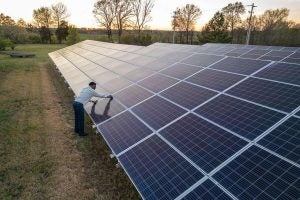 February 14, 2025
by Philip Vachon
Agriculture
Legislation
Renewable Energy
February 14, 2025
by Philip Vachon
Agriculture
Legislation
Renewable Energy
Rural Energy Cooperatives should utilize this under-discussed program within the Inflation Reduction Act to build clean energy infrastructure, lower costs, and combat persistent rural poverty.
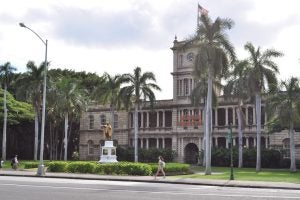 February 13, 2025
by Conor Winters
Fossil Fuels
Litigation
February 13, 2025
by Conor Winters
Fossil Fuels
Litigation
Though the Supreme Court turned down an opportunity to decide whether state-level climate change lawsuits are preempted by federal law, the justices’ significant and recurring interest in the underlying question as well as the magnitude of what’s at stake for defendants make it likely that the question will return to the Court in the coming years.










